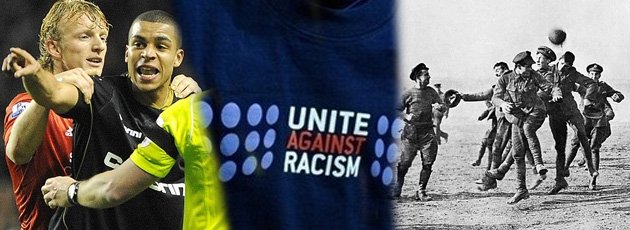- Home
- News & Blogs
- About Us
- What We Do
- Our Communities
- Info Centre
- Press
- Contact
- Archive 2019
- 2015 Elections: 11 new BME MP’s make history
- 70th Anniversary of the Partition of India
- Black Church Manifesto Questionnaire
- Brett Bailey: Exhibit B
- Briefing Paper: Ethnic Minorities in Politics and Public Life
- Civil Rights Leader Ratna Lachman dies
- ELLE Magazine: Young, Gifted, and Black
- External Jobs
- FeaturedVideo
- FeaturedVideo
- FeaturedVideo
- Gary Younge Book Sale
- George Osborne's budget increases racial disadvantage
- Goldsmiths Students' Union External Trustee
- International Commissioners condemn the appalling murder of Tyre Nichols
- Iqbal Wahhab OBE empowers Togo prisoners
- Job Vacancy: Head of Campaigns and Communications
- Media and Public Relations Officer for Jean Lambert MEP (full-time)
- Number 10 statement - race disparity unit
- Pathway to Success 2022
- Please donate £10 or more
- Rashan Charles had no Illegal Drugs
- Serena Williams: Black women should demand equal pay
- Thank you for your donation
- The Colour of Power 2021
- The Power of Poetry
- The UK election voter registration countdown begins now
- Volunteering roles at Community Alliance Lewisham (CAL)
Why it is right to investigate racism in sport
The Department for Culture, Media and Sport announced last week they were to launch an investigation into racism in football and other sports with the first session set to be held in the first week of March.
The investigation was called for by Steve Rotheram, Labour MP for Liverpool Walton who said that "it would be appropriate for this issue to be looked at by Parliamentarians from all Parties and from different football/sporting and non-sporting allegiances".
He added:
"Sport should be rightly proud that in many ways it has led the field in tackling social issues such as; racism, homophobia and sectarianism and it will be interesting to see what conclusions the Select Committee draw from the evidence session.”
It is fair to say race is firmly at the top of the agenda, with plenty of stories hitting the headlines over recent months, from the convictions of two men in the racist murder of teenager Stephen Lawrence, to footballers accused of racially abusing their fellow professionals and the actions of fans.
The case involving Liverpool's Luis Suarez and Patrice Evra and the alleged racial abuse of QPR defender Anton Ferdinand by Chelsea's John Terry, which the England captain denies, have garnered many column inches. But these are not isolated incidents. We're only a couple of weeks in to 2012 but already there have been cases of youth team players from non-league side Nuneaton Town being charged for alleged racist comments in the FA Youth Cup while Everton striker Louis Saha was abused on Twitter by a fan. And a Liverpool supporter is alleged to have abused Oldham defender Tom Adeyemi at Anfield, an incident which reduced the player to tears.
There is a saying that football mirrors society and the actions such as racism and other forms of discrimination suggest that there are still certain elements which makes the wider society far from perfect. There's no denying the country has come a long way since the days of rampant hooliganism in the football stands, but in the same breath, it's hard to say things have changed.
For me and many others, sports such as football can be a unifying force. Whether it is waving the flag and wearing the shirt when England play in the major championships, or used as a mechanism to break barriers.
I remember all those years ago, starting secondary school and the first question you were asked by fellow students was "which team do you support?" and the first joint activity you took part in was playing football in the playground. I believe football is a universal language and it doesn't matter where you're from, all you have to do is place a ball in between a group of people and suddenly, everyone is on the same team.
It is said that during the First World War, there was a series of unofficial ceasefires that took place on Christmas Day, with German and British soldiers exchanging gifts and playing a game or two of football on no-man’s land. This was seen as a symbolic moment of peace and humanity during a four-year conflict in which countless lives were lost.
There are many individuals and organisations which use football as a tool of bringing rival factions together, or challenging people's views. A good friend of mine, Bal Singh from the Khalsa Football Association has worked tirelessly to address equality through his Striving for Unity campaign. Back in September, following allegations of racism directed towards England players by Bulgaria fans prompted Bal to set up a Futsal game with Bulgarian supporters in Hertfordshire in his attempt to show a unified approach to helping to promote integration and reject racism.
The DCMS select committee is set to decide its terms of reference later this week but it is right for the Government to show they understand the importance of sport and realise the rise in reported incidents has to be addressed sooner rather than later.
Zohaib Rashid
